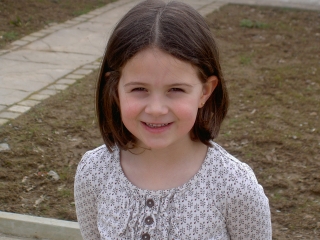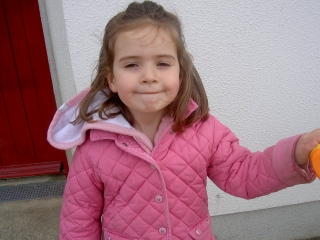This has been cross posted to my TSSG blog.
This was a short 1/2 day workshop I was recently invited to participate in. The Framework Programmes (FP7 and everything before) have to date, been the European Union’s chief instrument for funding research. Preparations for the next programme 2014-2020 (now called Horizon 2020) and the new Common Strategic Framework for Research and Innovation are now underway and the priorities are being discussed at national and European levels. Ireland has the opportunity to influence the direction and balance of European research and so the purpose of this workshop was to provide input to Ireland’s national submission to the European Commission in response to its Green Paper “From Challenges to Opportunities: Towards a Common Strategic Framework for EU Research and Innovation Funding [pdf]”.

This European wide consultation began in February of 2011, with its purpose to collect opinion on the future of research and innovation funding and co-operation into the next decade in Europe.
The paper itself asks (27) questions about how future funding systems might improve on previous ones, whether new mechanisms are needed and how the elements of the funding system should be balanced, which would have a direct effect on the funding allocated to certain schemes.
This Irish national consultation was led by the Advisory Council for Science, Technology and Innovation (ACSTI) and the drive of the workshop was to refine and develop the views gathered so far from the research and innovation communities in Ireland on the questions put in the European Commission’s Green Paper.
The workshop was opened by the chair Professor Anita Maguire were upon the purpose, structure, key themes and issues for discussion was explained.
- Benefits of being in the Framework Programmes;
- Making research and innovation funding more attractive and easy to access for participants;
- Public-private partnerships;
- Training and exchange schemes;
- How to best cover the whole innovation cycle;
- How to strengthen industry participation;
Once this overview was given the room was split into groups and each group was given the task of commenting on a sub-set of the questions, I was in the group for questions 1 -7. While I though the majority of the responses were fine I was a little concerned with the responses to questions 1 and 2, it seems with group I was in thought so too.
We offered feedback, and in some small way I’m glad to see it was considered as the process is now complete and the final Irish submission to the green paper can be read off this link [pdf] changes to questions 1 and 2 afoot.
In fact there were 13 responses from Ireland, Chemical and Physical Sciences Committee of the Royal Irish Academy, Electricity Supply Board, Forfas, Health Research Board, Irish Research Staff Association, Irish Universities Association, Marine Institute, National Committee for Geographical Sciences, Royal Irish Academy, Science Foundation Ireland, University College Dublin, and one from our very own Jim Clarke, Waterford Institute of Technology for which I also offered some input.
While the process can seem long winded, in fact all the opportunities are there to have your spoke in the programme, you just have to take the time to source those opportunities well in advance.




